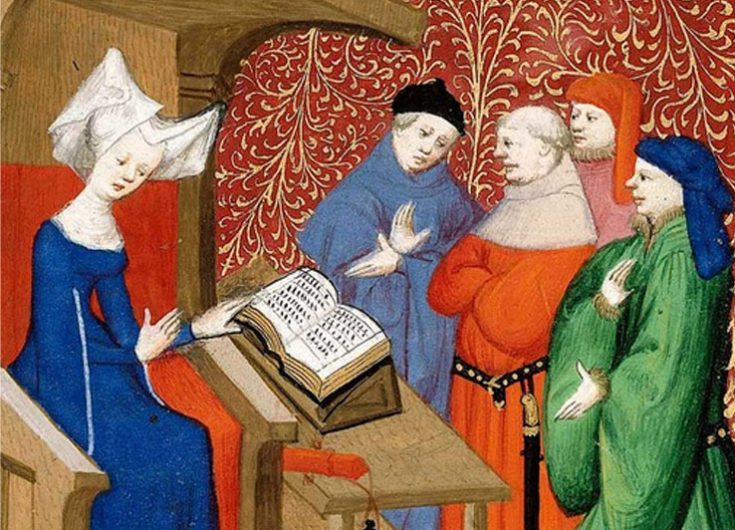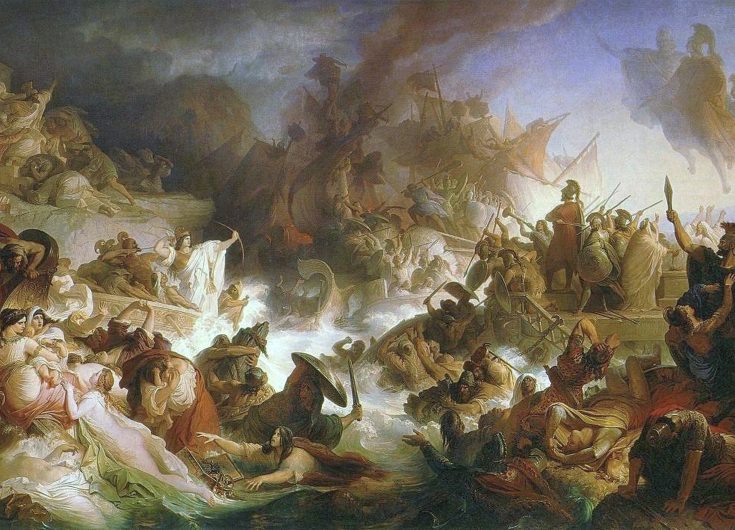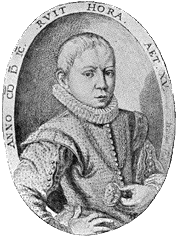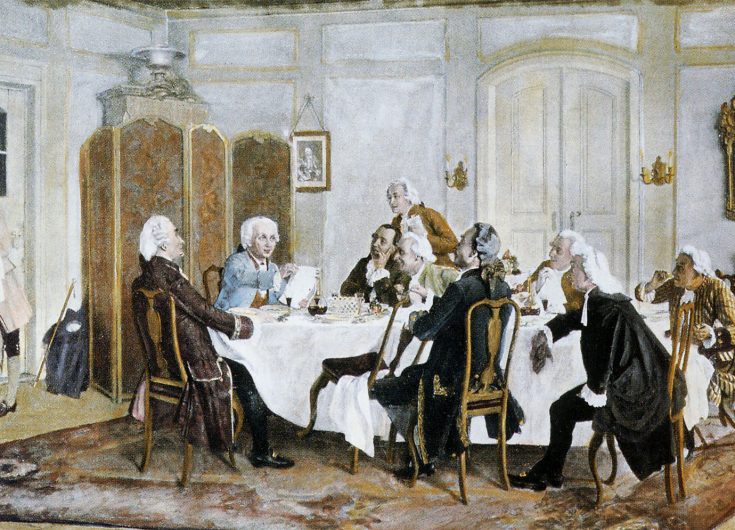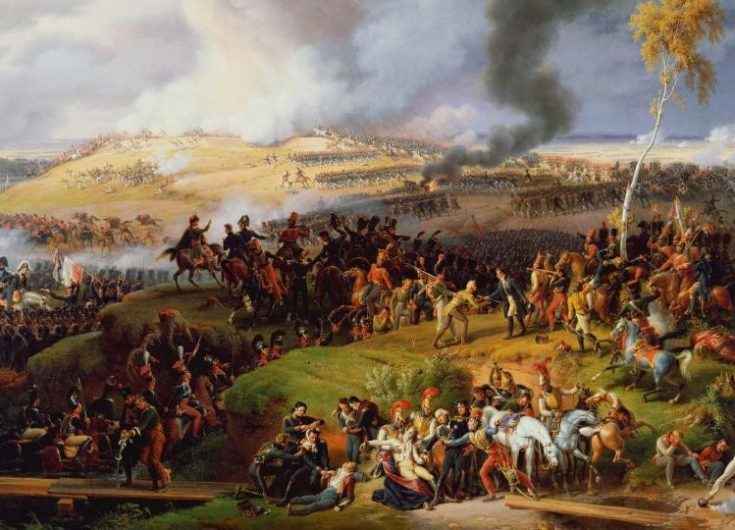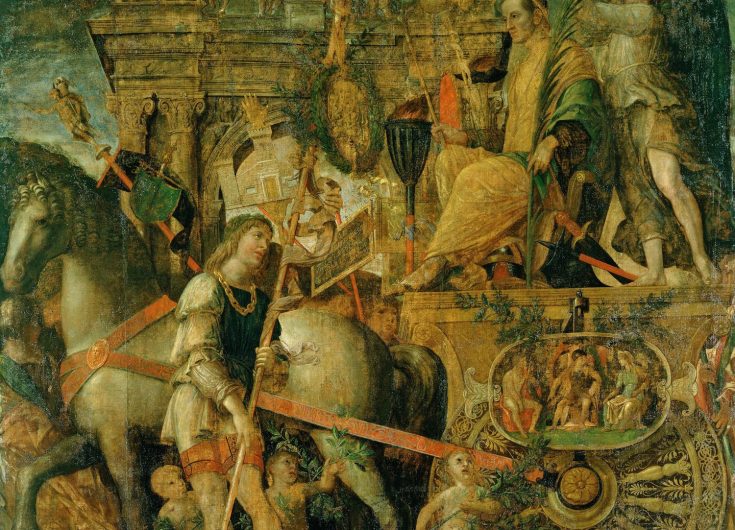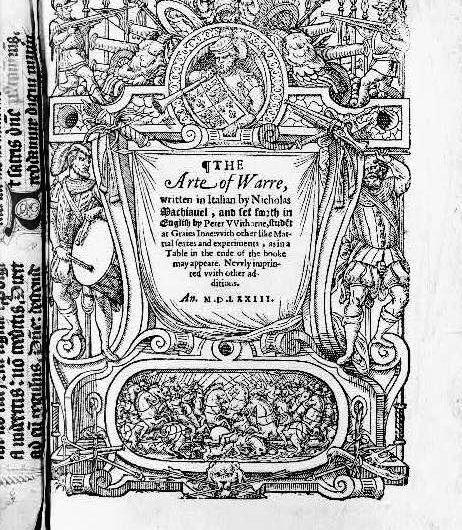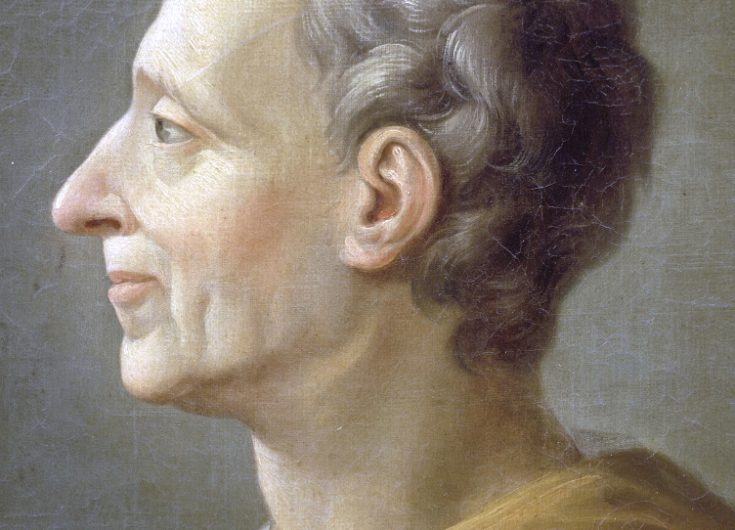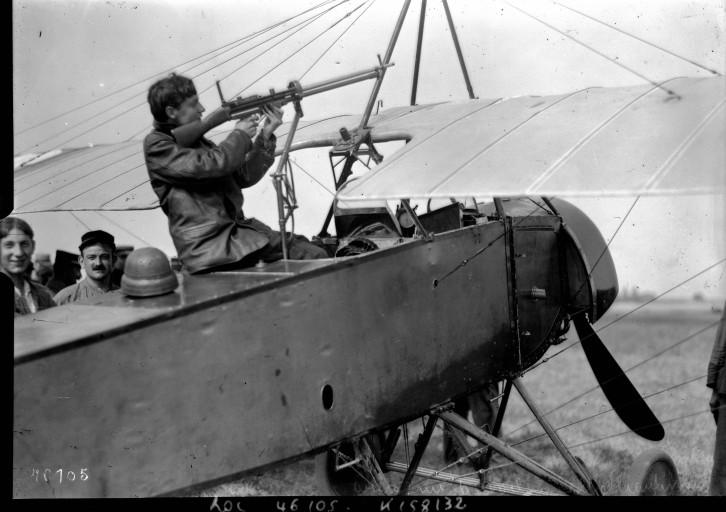

Giulio Douhet, The Command of The Air (1921/1927)
Giulio Douhet, an Italian army officer who never learnt to fly, first published one of military theory’s most recognized and controversial works on airpower, The Command of The Air, in 1921. Just three years after the end of the First World War and the first widespread use of airplanes in warfare, this new technology had yet to be fully integrated into military strategy. Douhet advocated a new strategic application for what he identified as the airplane’s superior capabilities in order to avoid the destructive stalemate of the First World War in future wars. Promising a quick and decisive end to war, The Command of The Air synthesized concepts, namely strategic bombing, an independent air force, the dominance of an offensive strategy, and breaking the will of the civilian population, among others, which contributed to the development of the modern air force.


